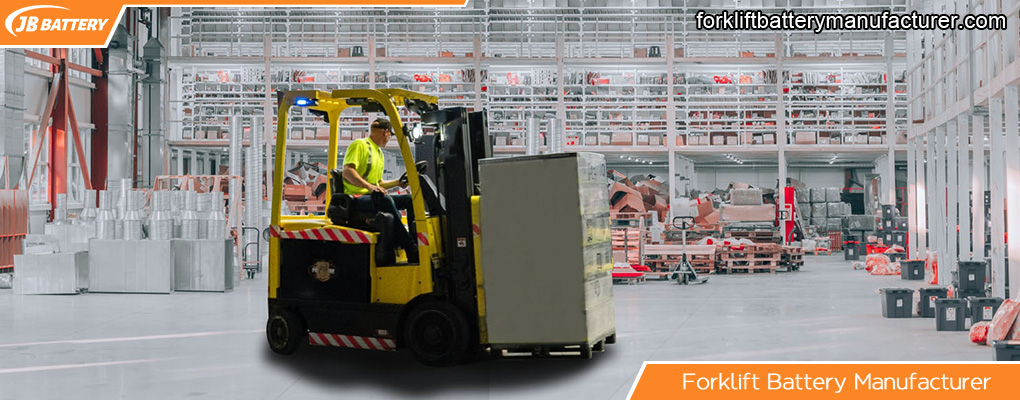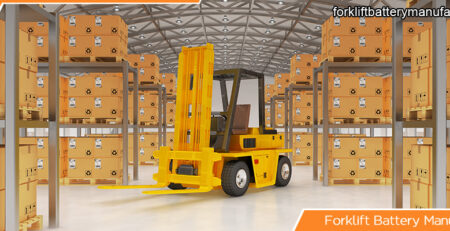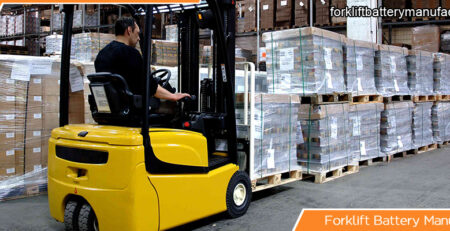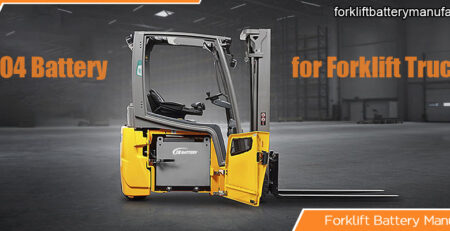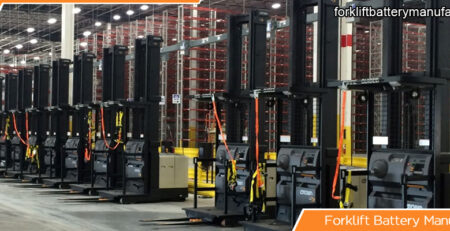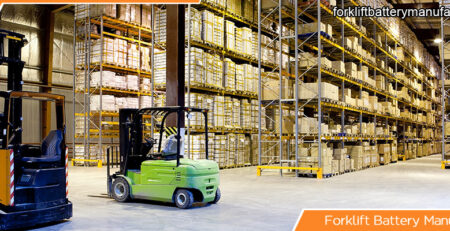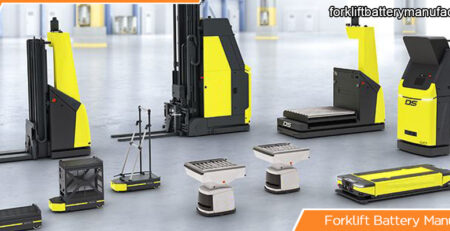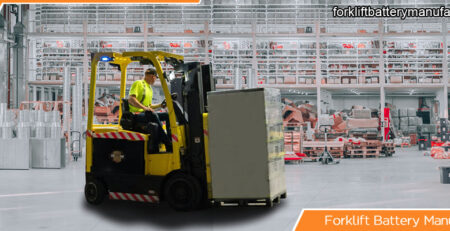Lithium-ion vs lead-acid forklift batteries — How to choose the right forklift battery from china lifepo4 lithium ion battery supplier
Lithium-ion vs lead-acid forklift batteries — How to choose the right forklift battery from china lifepo4 lithium ion battery supplier
Material handling companies and production facilities now have a new way to improve their throughputs. With the advent of Lithium-ion batteries, forklifts can now be made to work more productively during work shifts. Many forklift operators and logistics companies have been able to testify to the efficiency and effectiveness of the battery. Also, compared to lead-acid batteries, lithium batteries are known to provide a wide range of benefits for various users. When it comes to a head-to-head comparison between lithium and lead-acid batteries, the former seems to be superior. Both batteries are compared using important parameters that determine their performance levels.
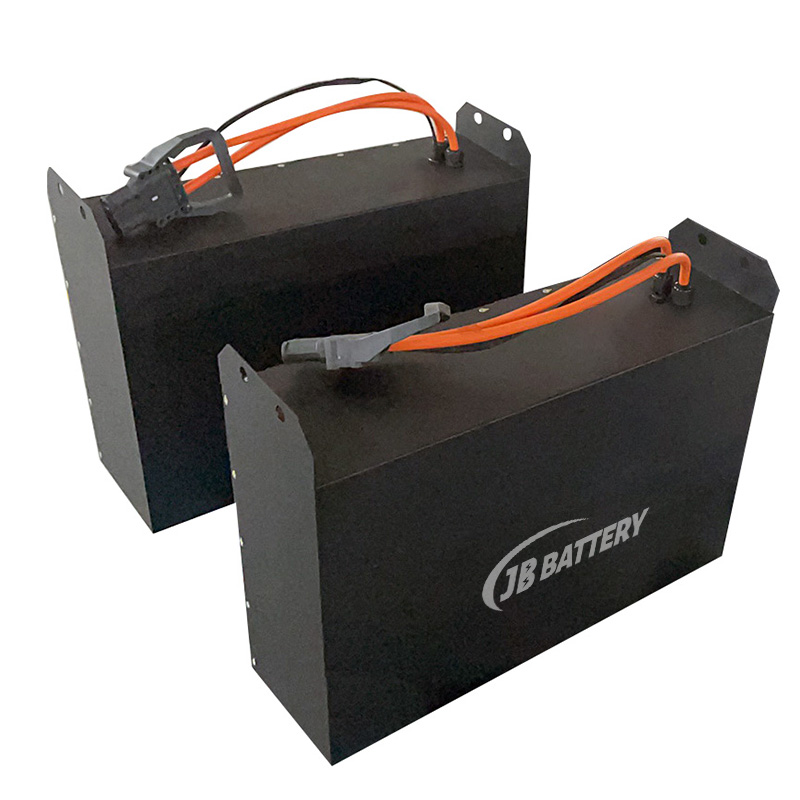
A comparison between Lithium-ion versus lead-acid forklift batteries
When it comes to a head-to-head comparison between the Lithium-ion and lead-acid forklift batteries, there is a huge difference. The following are some of the most significant differences between both batteries for the forklift.
Cost savings for an increased profit margin
Lithium-ion batteries offer longer operation times. This means that you can save up on costs through its operational life. Compared to lead-acid batteries, Lithium-ion batteries can help you save costs in the following ways:
• It requires a less amount of energy to charge fully.
• Lesser labour and time is spent swapping Lithium-ion batteries during recharging.
• There is no need for watering the battery. This means that any forklift operator can start their shifts sooner and work for longer periods without stopping for any maintenance.
A longer period of operation
Compared to lead-acid forklift batteries, Lithium-ion batteries last about two to three times more. This means that you are bound to enjoy a throughput that is either twice or thrice.
Opportunity charging helps increase operator efficiency
Unlike lead-acid forklift batteries, Lithium-ion batteries have the benefit of opportunity charging. With opportunity charging, a forklift operator can quickly charge up the battery during their work break. Opportunity charging is also possible in-between work shifts. Opportunity charging as a feature of lithium batteries is the most important advantage they have over lead-acid batteries. This makes it possible for an operator to increase their throughput with each work shift. In the case of lead-acid forklift batteries, the operator will need to halt his work. He will then replace the lead-acid battery. With opportunity charging, an operator can sufficiently charge the battery to a point where the machine will work for the rest of the shift without stopping. Also, using opportunity charging for lead-acid batteries can easily damage the battery.
Perform consistently to increase productivity
Lead-acid batteries do not give consistent performances. As they are used for work, they tend to become depleted. This leads to a lesser power and an inconsistent voltage. This means that the performance of the forklift drops significantly towards the end of the work shift.
In comparison, Lithium-ion batteries provide consistent performance. This is due to its ability to maintain a constant power supply even with a depleted battery.
This means that Lithium-ion batteries power the forklift to work at all times. Regardless of the battery charge, lithium batteries will usually provide a consistent charge to power your forklifts. In comparison, lead-acid batteries do not maintain the same level of consistent performance.
Guaranteed safety for operators and workers
Lead-acid batteries are known to be dangerous during maintenance. It is known for acid splashes and hydrogen fumes which are detrimental to the safety concerns and health of workers. Lead-acid batteries make workers vulnerable to getting splashed with corrosive acids or have them inhale dangerous fumes. This isn’t the case with Lithium-ion batteries. Because the external shell of the battery is fully sealed, there is no emission of toxic fumes or spilling of corrosive chemicals. This is an increased safety feature for workers who work around the forklift machines.
You do not need special rooms to charge your battery
Many companies and organisations that have lead-acid battery-powered forklifts (especially large fleets) usually need large charging rooms. This room is needed to store all the required charging equipment. Then again, for organisations that require multiple daily work shifts, this room needs to be a lot bigger. This is because there is a need for storage space to store all the additional forklift batteries which are needed to operate the forklifts across multiple shifts.
Lithium-ion battery-operated forklifts do not need space for their battery room. This means that this valuable space in the warehouse can be used to enhance the operations of the business by being used for storing goods and supplies. The extra space can be dedicated to core business functions rather than being used as a storage room.
A battery management system (BMS) for working status updates
Lead-acid forklift batteries are usually seen as manual power devices for mobile machines. This is because they do not have any device status indicator. This means that there is no way to check the status of the battery unless through physical inspection. And physical inspection of lead-acid batteries can be dangerous. This is because of the dangers of acid spillages or emitted toxic fumes. However, Lithium-ion batteries are built with battery management systems. This BMS is a function of the smart lithium battery which is used to send regular feedback about the working status of the forklift battery. This way, the operator knows when to stop their work shift and work on the battery. This way, daily production targets are met easily.
Lesser charging times increase worker productivity
The charging times for lead-acid forklift batteries is significantly longer than for Lithium-ion batteries. Lead-acid batteries usually take about 10 hours to charge fully. However, Lithium-ion batteries usually use a total charging time of 3 hours to fully recharge for the next work shift.
JB Battery: A reliable supplier of superior Lithium-ion batteries
JB Battery is your best choice when it comes to the supply of a wide range of Lithium-ion batteries. The company have helped many materials handling businesses to change their fleets from lead-acid batteries to Lithium-ion powered batteries. JBBattery is one of the biggest and most reliable Lithium-ion batteries in Mainland China. The company specializes in designing and producing Lithium-ion batteries according to the specific requests of their customers.
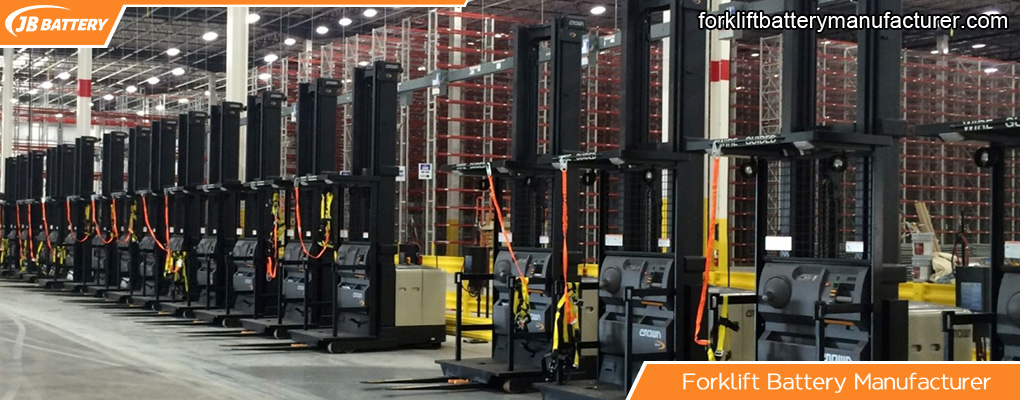
For more about lithium-ion vs lead-acid forklift batteries — how to choose the right forklift battery from china lifepo4 lithium ion battery supplier,you can pay a visit to JB Battery China at https://www.forkliftbatterymanufacturer.com/lithium-ion-vs-lead-acid/ for more info.

